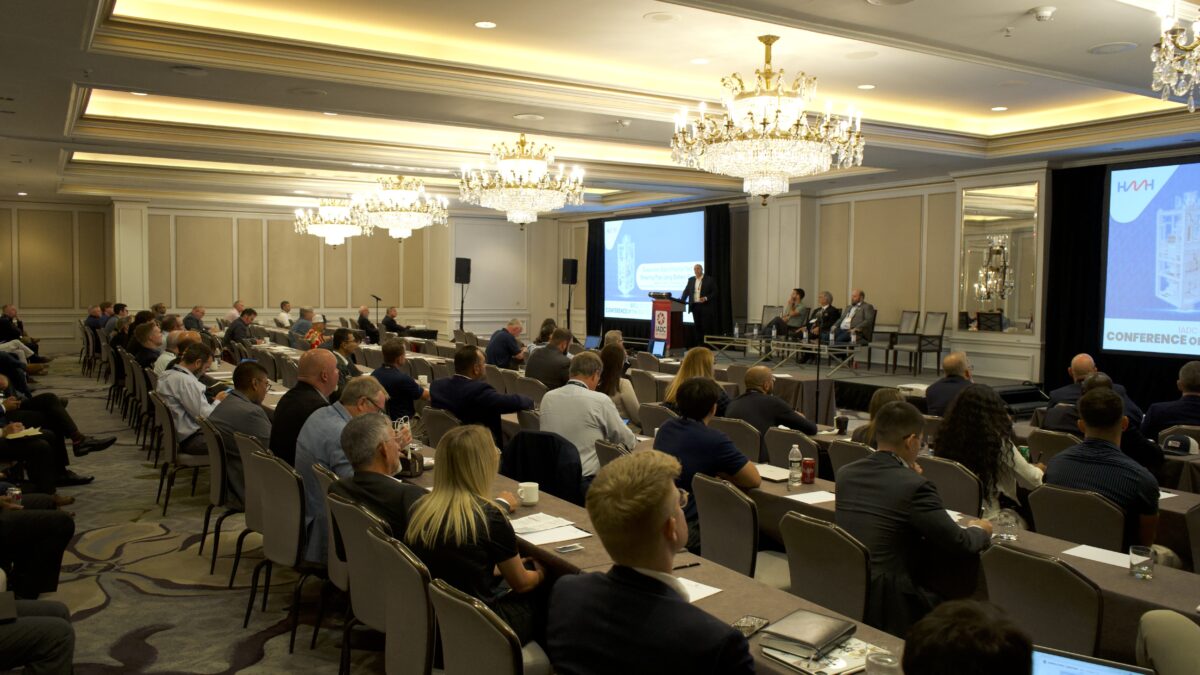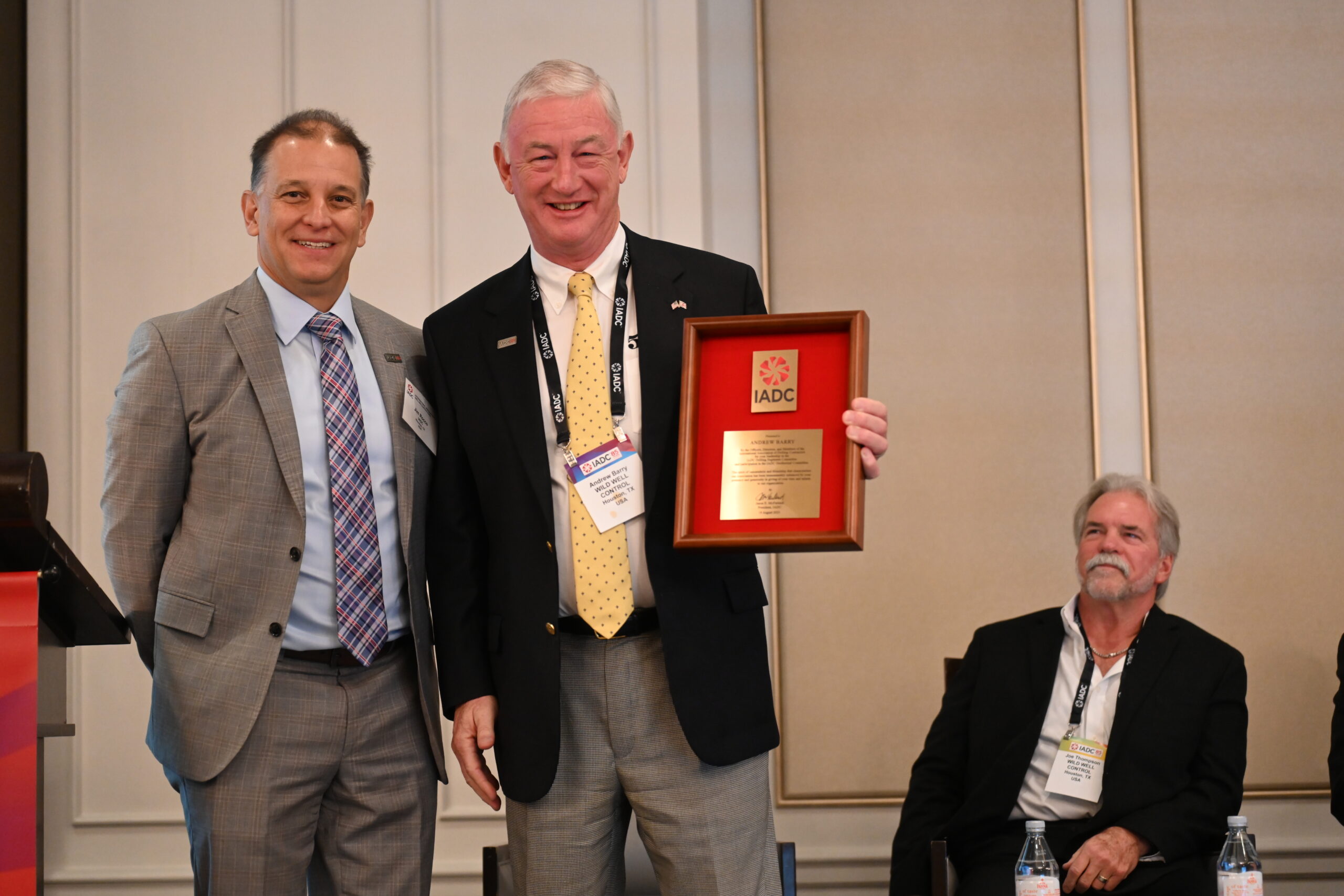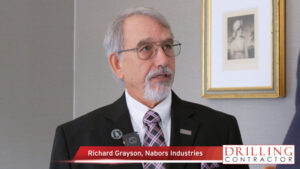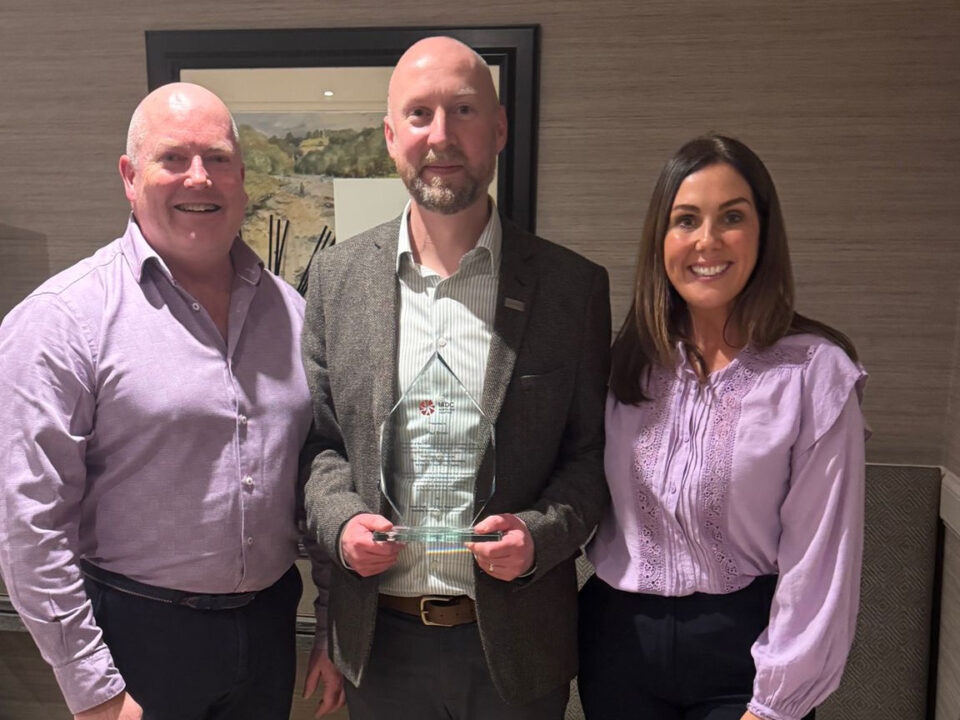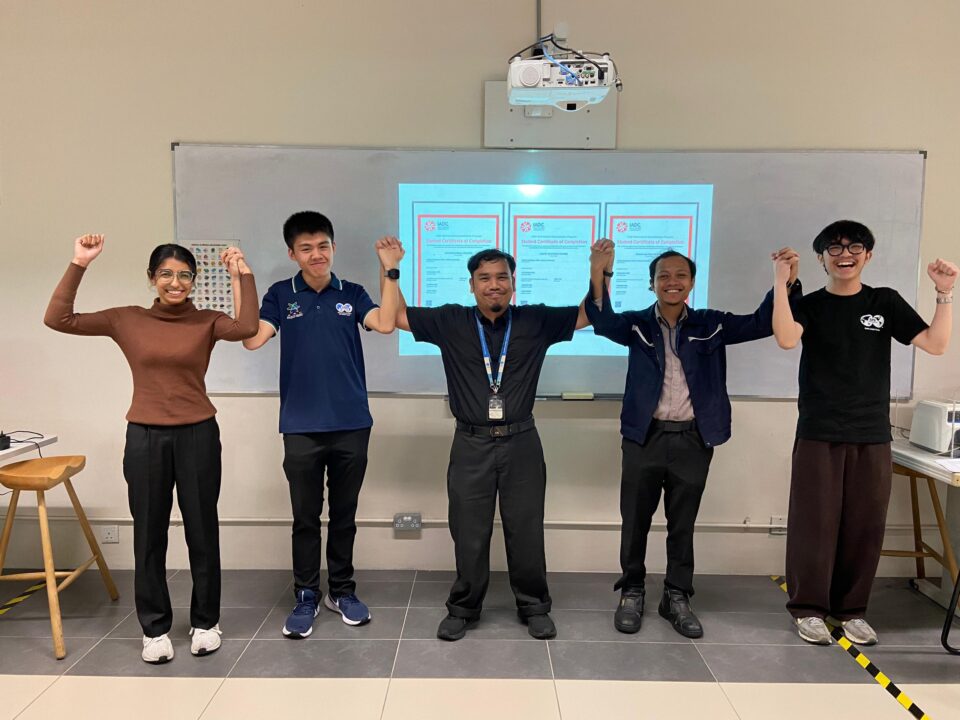In 2024 on four land rigs in the Bakken, Nabors began a trial of running BOP pressure tests at 30-day intervals instead of the industry standard 21-day intervals. The trial was initiated at the operator’s request. Over the course of six months, this meant 10 fewer tests were run overall, and Nabors’ operational team reported no equipment failures and no negative consequences on the rigs’ operations.
These results have opened up conversations within Nabors about best practices for equipment maintenance and current industry guidance on testing intervals. In this video with DC, Richard Grayson, Senior QHSE Manager and Global Well Control Focal Point at Nabors Corporate Services, discussed the genesis of this trial run and the impact it’s had on Nabors’ operations so far. In January 2025, the company began implementing 30-day testing intervals for all of its land rigs in North Dakota.


